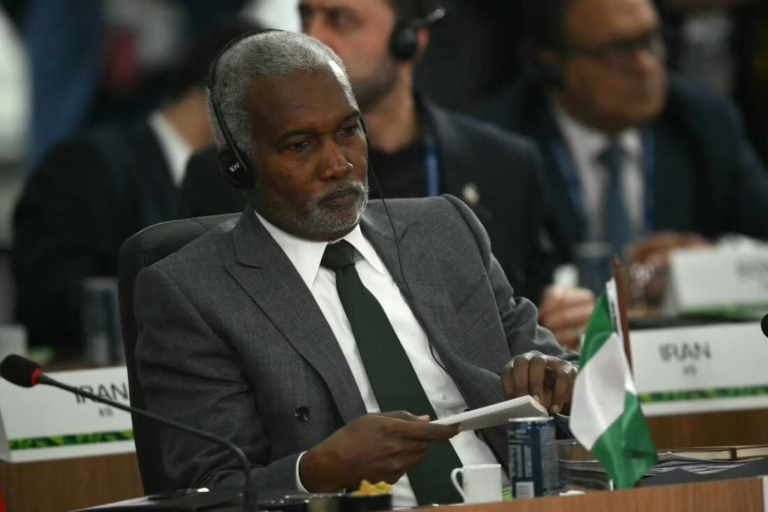In an era defined by complex migration challenges and shifting geopolitical dynamics, the Nigerian government’s recent refusal to accept Venezuelan deportees from the United States has sparked significant international attention. Rejecting what many perceive as an attempt to relocate the burdens of migration, Nigeria has drawn a firm line against becoming a transit point for displaced individuals facing uncertain futures. This development highlights the intricate balance nations must strike between diplomatic relations and sovereignty, raising pressing questions about responsibility, human rights, and the broader implications for global migration policies.
Nigerian Government’s Firm Stance on Immigration Sovereignty and Humanitarian Responsibility
The Nigerian government has unequivocally asserted its sovereign rights in immigration matters, making it clear that the country will not serve as a transit point or dumping ground for deportees resulting from other nations’ immigration policies. While emphasizing its commitment to humanitarian values, Nigeria balances this with a firm stance against external pressures that threaten its national integrity. The government highlights several key principles guiding its approach:
- Respect for national borders: Ensuring any immigration or deportation actions align strictly with Nigeria’s laws and interests.
- Humanitarian responsibility: Providing support and protection to genuine refugees and asylum seekers, yet avoiding becoming a default destination for mass deportations.
- Diplomatic engagement: Advocating for dialogue and collaboration with global partners to address migration challenges without unilateral impositions.
| Principle | Focus | Impact |
|---|---|---|
| Sovereignty | Control over borders | Maintains national security |
| Humanitarian Care | Support for refugees | Upholds Nigeria’s global image |
| International Cooperation | Collaborative migration solutions | Ensures balanced policy approach |
In standing firm against the U.S. request to use Nigerian soil as a holding ground for Venezuelan deportees, the Nigerian government has underscored its commitment to national sovereignty and international ethics. This decision not only highlights the complexities of global migration policies but also serves as a reminder that solutions to human displacement require collaborative respect and dignity. As the world continues to grapple with migrant crises, Nigeria’s stance invites a broader conversation on responsibility, compassion, and the true meaning of partnership in addressing humanitarian challenges.




















0 Comments